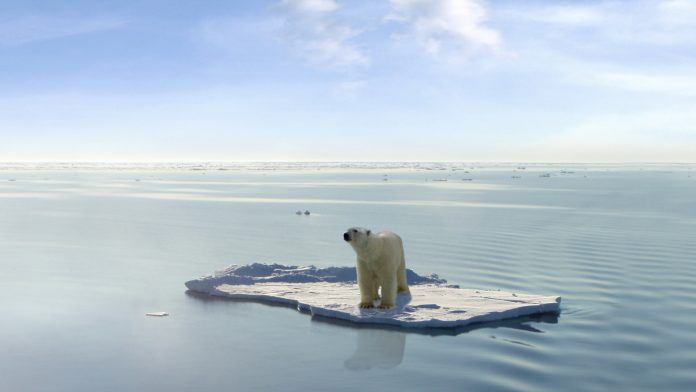Scientists discover that the world’s oceans are hotter than ever before, reaching record-breaking temperatures for the sixth year in a row.
Accumulated data on the world’s oceans
These findings are based on data gathered by researchers throughout the entirety of 2021, and come at the end of the first year of the seventeen interlocked goals made with the United Nations’ Decade of Ocean Science for Sustainable Development Goals, which were introduced to maintain not only human societies, but also natural ecosystems around the globe, and the overall health of the world’s oceans.
The most recent report was published on 11 January 2022 in Advances in Atmospheric Sciences and was authored by twenty-three researchers from a combination of fourteen different institutes. The data summarises two international datasets from both the Institute of Atmospheric Physics (IAP) at the Chinese Academy of Sciences, and from the National Centres for Environmental Information of the National Oceanic and Atmospheric Administration (NOAA). Both institutions analyse observations collected regarding the world’s oceans and their heat content, dating back to the 1950s.
Impact on climate change
“The ocean heat content is relentlessly increasing, globally, and this is a primary indicator of human-induced climate change,” explained paper author Kevin Trenberth, distinguished scholar at the National Centre for Atmospheric Research in Colorado. “In this most recent report, we updated observations of the ocean through 2021, while also revisiting and reprocessing earlier data.”
Researchers discovered that the upper 2,000 metres in the world’s oceans absorbed fourteen more Zettajoules over the last year compared to the data accumulated in 2020. This is equivalent to 145 times the world electricity generated in 2020; contextually humans use half a Zettajoule over the course of one year.
Lijing Cheng, lead paper author and associate professor with the International Centre for Climate and Environmental Sciences at IAP CAS said: “As well as absorbing heat, currently, the ocean absorbs 20 to 30% of human carbon dioxide emissions, leading to ocean acidification; however, ocean warming reduces the efficiency of oceanic carbon uptake and leaves more carbon dioxide in the air.
“Monitoring and understanding the heat and carbon coupling in the future are important to track climate change mitigation goals.”
Researchers also the role of various natural variations, such as the warming and cooling phases known as El Niño and La Niña, which greatly affect regional temperature changes. Cheng’s regional analysis revealed robust and significant warming of the world’s oceans since the late 1950s. A consequence of this is regional marine heat waves, which has significant impacts on marine life.
John Abraham, Professor of University of St. Thomas explained: “Our previous work showed that scientists need less than four years of ocean heat measurements to detect a human-induced warming signal from natural variations. This is much shorter than the nearly three decades of measurements required to detect global warming using temperatures of air near the Earth’s surface.
“Indeed, although in the top 10 warmest years, global surface temperatures for 2021 are not the highest on record because of La Niña conditions in the tropical Pacific, among other things. Ocean heat content is one of the best indicators of climate change.” This means that during La Niña, the ocean actually takes up but buries extra heat below the surface.
“With model experiments, our study shows that the pattern of ocean warming is a result of human-related changes in atmospheric composition.” Cheng said. “As oceans warm, the water expands and sea level rises. Warmer oceans also supercharge weather systems, creating more powerful storms and hurricanes, as well as increasing precipitation and flood risk.”
“The oceans are absorbing most of the heating from human carbon emissions,” concluded paper author Michael Mann, Distinguished Professor of Atmospheric Science, from Pennsylvania State University. “Until we reach net zero emissions, that heating will continue, and we’ll continue to break ocean heat content records, as we did this year. Better awareness and understanding of the oceans are a basis for the actions to combat climate change.”









